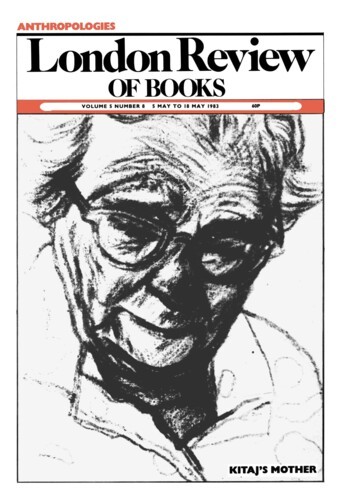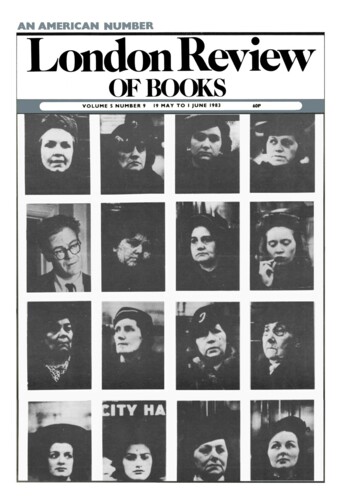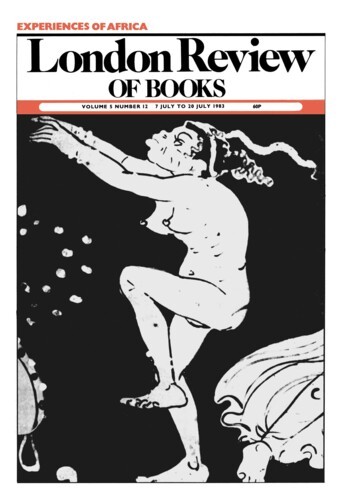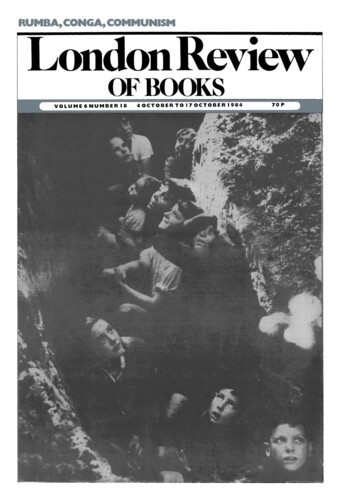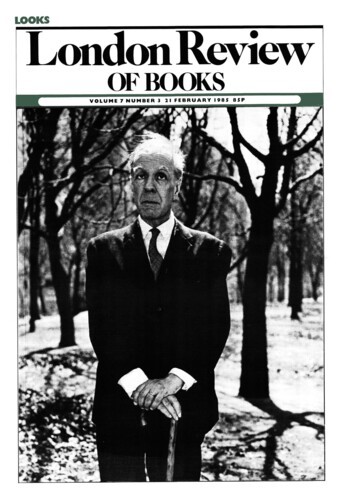They used to go to Paris when they died. Now good Americans simply shift from one plane of fiction to another, leaving the Dallas of Lee Harvey Oswald, say, for that of J.R. Or so it is suggested in Gore Vidal’s joky novel Duluth, where characters die in one imagined work only to pop up in another. They are just words, you see, easily reassembled. ‘We do not live. We are interchangeable. We go on, and we go on. From narrative to narrative.’ A social climber arriving in Duluth, no, Duluth, ends her life in a snowdrift and reappears in a Regency romance as a French spy and Napoleon’s mistress. A Duluth estate agent resurfaces after death in ‘Duluth’, a television series much admired in the Duluth of Duluth. Are you sitting comfortably? ‘We call this après post-structuralism.’ Sometimes we call it plagiarism as well, ‘but that is a harsh word when one considers how very little there is in the way of character and plot to go around.’ The irony is a bit hefty, but the effects can be eerie and funny. The lady realtor – Heinemann’s text, one degree more post-structuralist than Vidal’s, calls her a ‘relator’ – remembers her former fictional life even when she is translated into the television series, and is able to talk to old friends across her scripted dialogue. Her son in the soap opera says he is going to commit suicide, but she is busy chatting through the tube to her ex-brother. ‘God, she’s great,’ people later say of her acting. ‘Look at the way she smiles instead of cries.’ Vidal’s Duluth, like ours, or theirs, is in Minnesota, but it is also just across a causeway from New Orleans, and only ten miles from the Mexican border. It has a large Latin population, a black ghetto, a corrupt mayor (whose first name was Mayor until he dropped it by deed poll), and an underworld dominated by the shadowy figure of the Dude, who works exclusively through Silent Partners and his answering service. It also has a visiting spaceship. In this Duluth’s America, several Presidents are elected at a time, but no one listens to them, or remembers who they are.–
Pink Triangle and Yellow Star and Other Essays 1976-1982 by Gore Vidal. They used to go to Paris when they died. Now good Americans simply shift from one plane of fiction to another, leaving the Dallas of Lee Harvey Oswald, say, for that of J.R. Or so it is suggested...
